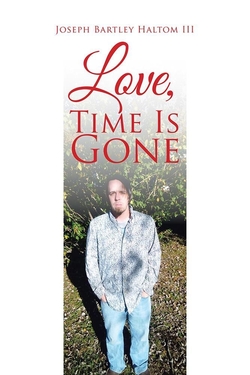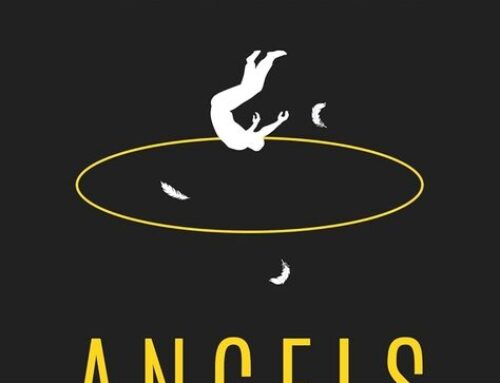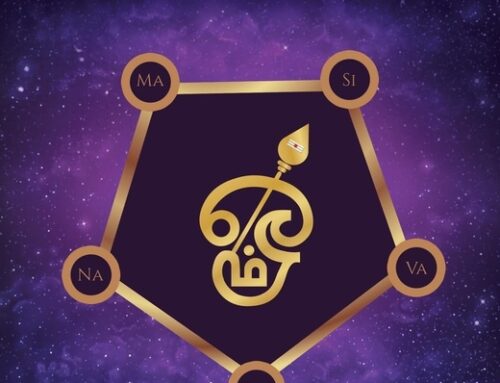
In Love, Time is Gone, a new collection of poetry by Joseph Bartley Haltom III, loneliness and heartbreak are encapsulated in raw and powerful verse. Written for a long-lost love, April, a woman whom he has not encountered for many years, this book is weighted down by pain and regret, yet there are also some moments of hope that sporadically push through.
Saudade is a Portuguese word, commonly used in Brazil, that represents the feeling of nostalgia, longing, or desire for something that has been lost. There is no direct translation of this word in English, nor does it appear in these poems, but that is the feeling one gets from nearly every piece in the collection. Joseph delves into the darkest corners of love, loss, self-loathing, regret, despair, ecstasy and depression, and while this is often done in a simple, declarative way, it does not diminish the depth of emotion that initially sparked these thoughts.
In “Lead” near the end of the book, Haltom writes, “And I’ll find her there, and I will scream in all my / agony for her Paradise / Lead me, Death into your door.” This blending of pain and prayer for release is common in these pages, as the author admits that life does not seem worth living without her, offering his own life in exchange for peace. He is paralyzed in his own existence, crippled with longing for a woman that is no longer in his life, who can no longer soothe his existential pain. In “Strength,” the poem reads, “Relaxing slumber / Plagued with visions good and bad / Memory Loss / Only Protection / From the secrets / I am given.” We see a man who would give everything up – not only his precious memory, but his life – if it would only provide relief.
While the subject matter of the poetry is consistent and undeniably strong-willed, the execution of the writing does not always hit the mark. Much of the imagery is repetitive and commonplace, with a number of cliché metaphors and hackneyed comparisons of love and loss, death and depression. Thousands of poems have been written about lost love, and unrequited love, and there is power in these private thoughts directed at one person made public, but in the same way they do not seem entirely ready for public consumption. Some of the poems also seem disjointed, or unfinished, as though Haltom had a good shape of the idea, but never explored how to heighten the impact.
The collection also feels one-directional, and somewhat selfish, as it rarely considers the life or emotions of the woman to whom this book is so clearly directed. To be frank, the poems sometimes cross the line from passionate to incriminating. The author occasionally considers his subject’s feelings or experiences, but often from a position of self-loathing, not selflessness, which comes off more like naked aggression than longing. For such a deep well of love that has been explored in the roughly 50 poems of this collection, one might expect more progress in the writer’s emotions, but these pieces all seem to resonate on a similar frequency.
For readers who know the pain of unrequited love, this collection will strike a chord, but the technical and artistic level of the poetry would benefit from a bit more subtlety, and less subjective rage. There is obvious passion in these pages, but the collection is overwhelmed by the poet’s anger, seeming more like a personal manifesto than something that was meant to be read by others.
Book Links
STAR RATING
Design
Content
Editing
Get an Editorial Review | Get Amazon Sales & Reviews | Get Edited | Publish Your Book | Enter the SPR Book Awards | Other Marketing Services























Leave A Comment